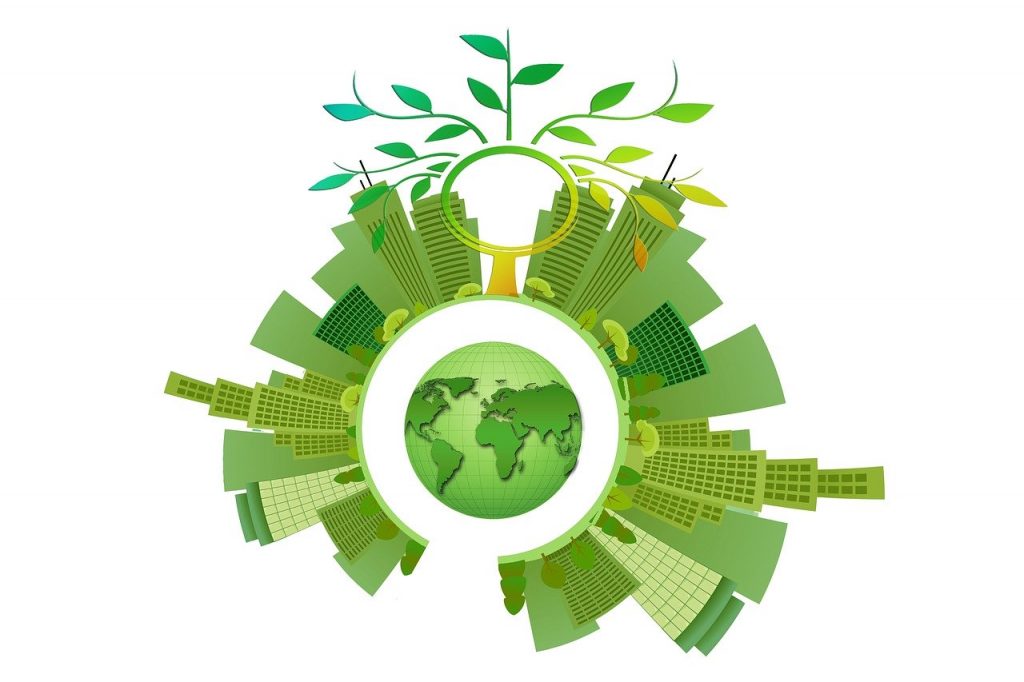Italy will become the first country to bring the very current and delicate issue of climate change to schools. This was communicated by the Former Minister of Education Lorenzo Fioramonti. Who wants to bring our country to become a world leader in environmental education.

Raise awareness on the issue of climate change right from the school desk
As mentioned, an extraordinary innovation is underway in the school sector. The delicate issue of climate change and sustainability, in fact, will be brought among the school desks. Why? In order to raise awareness among our fellow citizens on the topic, which is as relevant as ever, from a very young age. The former Minister of Education, Lorenzo Fioramonti, said that all public schools will include around 33 hours a year in their training plans to study climate-related issues brought up by the very young Swedish activist Greta Thunberg.

The plan is to implement this innovation by September 2020 (next school year), as Vincenzo Cramarossa, Fioramonti’s spokesman, said to CNN. It is essential that the Italian citizens of the future are ready to face the issue of climate change and sustainability. This was what Cramarossa reported to the British broadcaster. To do this, the issue of sustainable development is increasingly central, even in local government programs.
A new environmental policy direction
And the topic of climate change will be discussed more and more frequently during the lessons of more traditional subjects, such as geography, mathematics and physics. This change was strongly desired by Minister Fioramonti. In fact, as a professor of economics at Pretoria University in South Africa, he stressed the importance of placing these topics at the core of the educational model. If this project were successful, Italy would have the first education system that places environment and society at the center of everything we learn in school.

In this perspective, government has requested the opinion of some important scientific experts. We are talking about scholars of the caliber of Jeffrey D. Sachs, director of Columbia University’s Center for Sustainable Development, and the American economic and social theorist Jeremy Rifkin.





